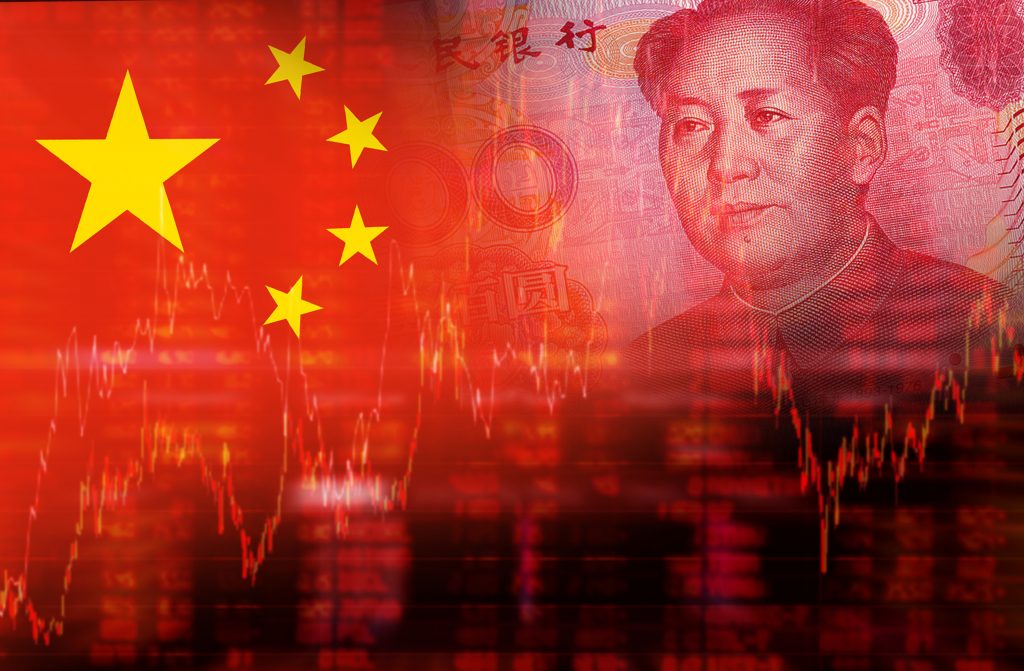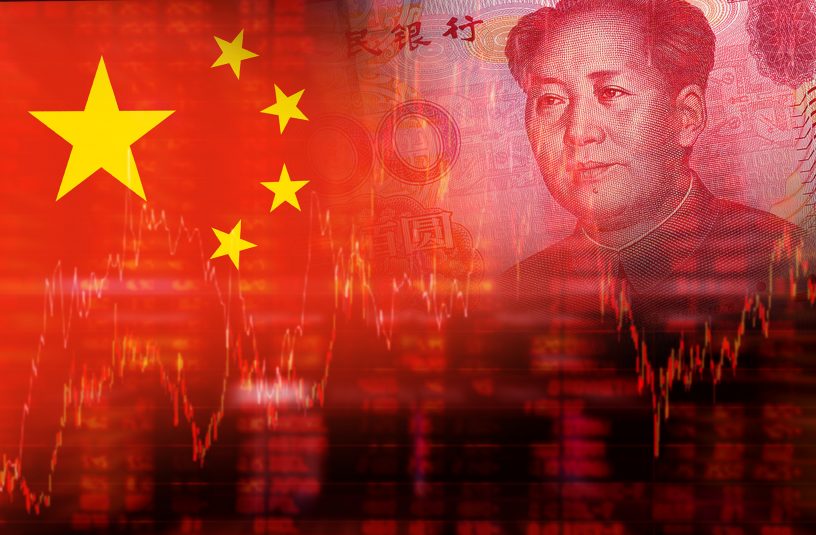
The author examines if the goals of domestic development in China can be fulfilled in isolation from foreign trade, and if not, then what effect will international relations have on the fulfilment of the Chinese dream.
Author
Sriparna Pathak, Associate Professor, Jindal School of International Affairs, O.P. Jindal Global University, Sonipat, Haryana.
Summary
History has always been an important aspect of China’s foreign policy. Terms such as “civilizational linkages”, “century of humiliation” and “legacy left over from history” for examples, used repeatedly in foreign policy pronouncements are indications of how China continues to utilise history as a lens to understand and shape its present. Post-Xi Jinping’s coming to power the term “China Dream” or Zhongguo Meng has been used increasingly to outline China’s future.
This term nevertheless is heavily inspired by the need to attain the historical stature China previously had, and the idea of a Chinese renaissance being wedded into the “dream”.
This Chinese Dream integrates personal and national aspirations with the aims of achieving personal well-being of the Chinese people as well as reclaiming national pride. For the fulfilment of these twin goals, sustained economic growth is a necessity so that equality can be expanded across all levels.
The overall goals of the country – i.e. completing the goals of building a moderately prosperous society when the Communist Party of China celebrates its 100th birthday in 2021 and the building of a prosperous, strong, culturally advanced, harmonious and modernised socialist society when China marks its 100th anniversary in 2049 are closely tied to the Chinese Dream.
These two goals have found repeated mentions in Xi Jinping’s speech at the 19th Party Congresses. Given the fact that 2021 is not far away, and that it has been about seven years since Xi mentioned the “Chinese Dream” during a museum visit in 2012, it becomes pertinent to take a stock of the economic changes that the Chinese Dream has created so far.
For the purpose, this paper will look at indices of poverty eradication, growth and development and inequality across provinces in China. Another pertinent question around which this paper will revolve is whether the goals of domestic development can be fulfilled in isolation from foreign trade.
And if not, then what effect will international relations have on the fulfilment of the Chinese dream, particularly in the economic sphere. This paper relies on primary as well as secondary sources of information, and utilises literature in English as well as Mandarin Chinese.
Published in: Arthur S. Ding and Jagannath Panda (eds), Chinese Politics and Foreign Policy Under Xi Jinping. (pp.150-171), London: Routledge.
To read the full book chapter, please click here.


